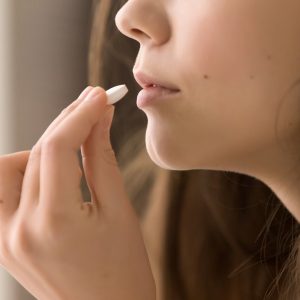
Guest Article, Dietician Shwetha Bhatia

The US Food and Drug Administration (FDA) warns that biotin, or vitamin B7, can interfere with the results of laboratory testing, including troponin testing for diagnosis of heart attacks.
Biotin in blood or other samples taken from patients who are ingesting high levels of biotin in dietary supplements can cause clinically significant incorrect lab test results.
The supplement may cause falsely high or falsely low results depending on the test, leading to inappropriate patient management or misdiagnosis. Many lab tests use biotin technology for its ability to bond with specific protein biomarkers.
Many dietary supplements promoted for hair, skin, and nail benefits contain levels up to 650 times the recommended daily intake of biotin. Physicians may also be recommending high levels of biotin for patients with certain conditions such as multiple sclerosis.
Physicians may not be aware of biotin interference with lab assays, and even when they are, they may not be aware of whether or not their patients are taking biotin supplements—patients themselves may be unaware they are taking biotin when taking products that are labeled for their benefits to hair and nails.
Please read labels carefully and inform your healthcare expert about all the supplements you take.

